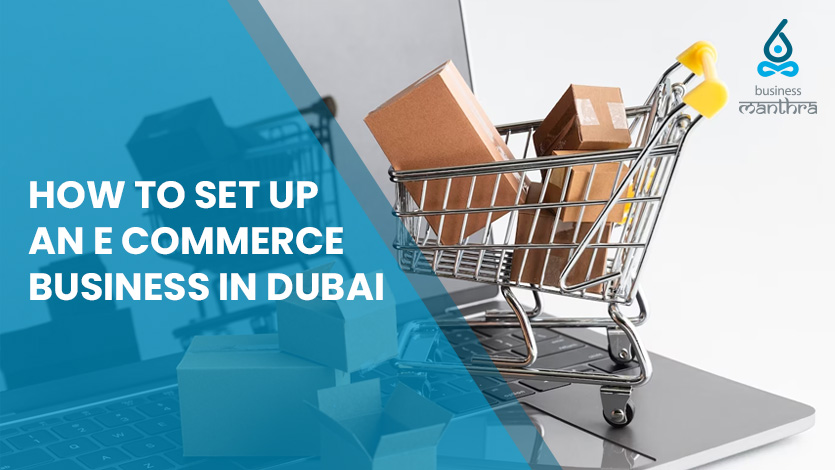E commerce Business in Dubai
Dubai is a major hub for e-commerce, and the market is expected to grow rapidly in the coming years. This is due to the increasing number of internet users in the UAE, the growing popularity of online shopping, and the government’s support for e-commerce businesses.
If you are considering setting up an e-commerce business in Dubai, here are the steps involved, along with some tips
Choose a business structure. There are two main business structures available in Dubai:
Free zone company: Free zone companies are located in special economic zones that offer certain tax and regulatory benefits.
Mainland company: Mainland companies are located in the rest of Dubai and are subject to the same laws and regulations as other businesses in the UAE.
Business setup in Dubai
Free zone company: This is a good option if you are targeting customers outside of the UAE. Free zone companies do not have to pay corporate income tax, and they are subject to fewer regulations than mainland companies.
Mainland company: This is a good option if you are targeting customers in the UAE. Mainland companies have to pay corporate income tax, but they have access to a larger pool of customers.
Register your company: Once you have chosen a business structure, you need to register your company with the Department of Economic Development (DED). The registration process is different for free zone companies and mainland companies.
Free zone company: You can register your free zone company online or through a local agent. The registration process typically takes a few days.
Mainland company: You can register your mainland company through the DED website or at a DED branch office. The registration process typically takes a few weeks.
Obtain the necessary licenses. You will need to obtain the necessary licenses to operate an e-commerce business in Dubai. The specific licenses required will depend on the type of products or services you are selling.
E-commerce license: This is the most important license you will need to obtain. You can apply for an e-commerce license through the DED website.
Other licenses: Depending on the type of products or services you are selling, you may also need to obtain other licenses, such as a food and beverage license or a pharmaceutical license.
Set up a website: Your website is your storefront, so it is important to create a professional and user-friendly website. You will need to choose a domain name, design your website, and set up an e-commerce platform.
Domain name: Your domain name is your website’s address on the internet. It is important to choose a domain name that is relevant to your business and easy to remember.
Website design: Your website’s design should be professional and user-friendly. Make sure your website is easy to navigate and that your products are easy to find.
E-commerce platform: An e-commerce platform is a software solution that allows you to sell products online. There are a number of e-commerce platforms available, so you can choose one that best meets your needs.
Market your business: Once your website is up and running, you need to start marketing your business. There are a variety of ways to market your e-commerce business, including online advertising, social media marketing, and email marketing.
Online advertising: You can use online advertising to reach a wider audience. There are a number of online advertising platforms available, such as Google AdWords and Facebook Ads.
Social media marketing: Social media is a great way to connect with potential customers. Make sure to create profiles for your business on popular social media platforms, such as Facebook, Twitter, and Instagram.
Email marketing: Email marketing is a great way to stay in touch with your customers and promote your products. Make sure to collect email addresses from your customers and send them regular newsletters and promotions.






